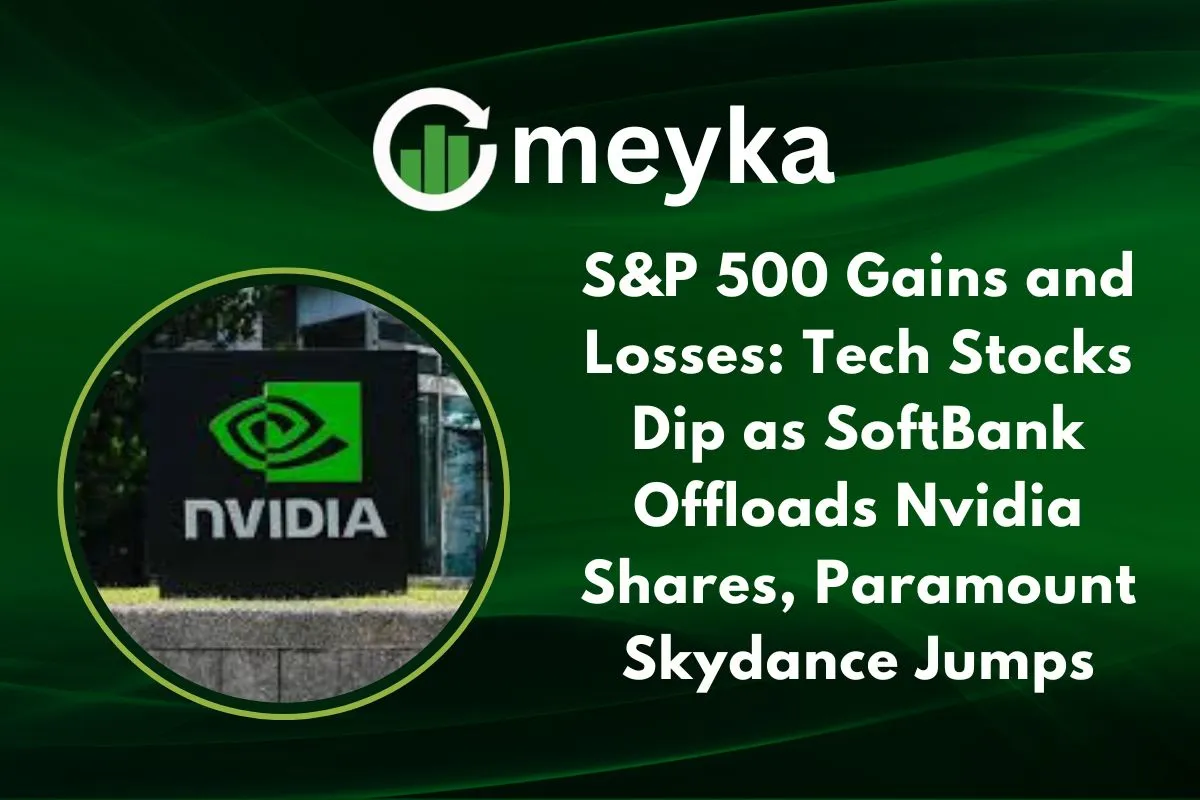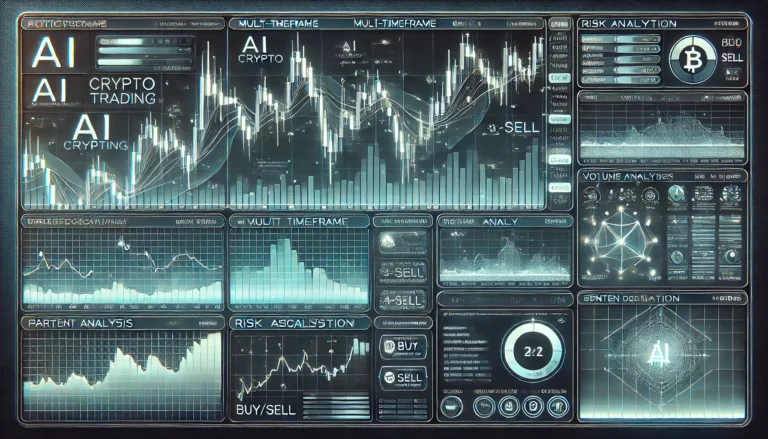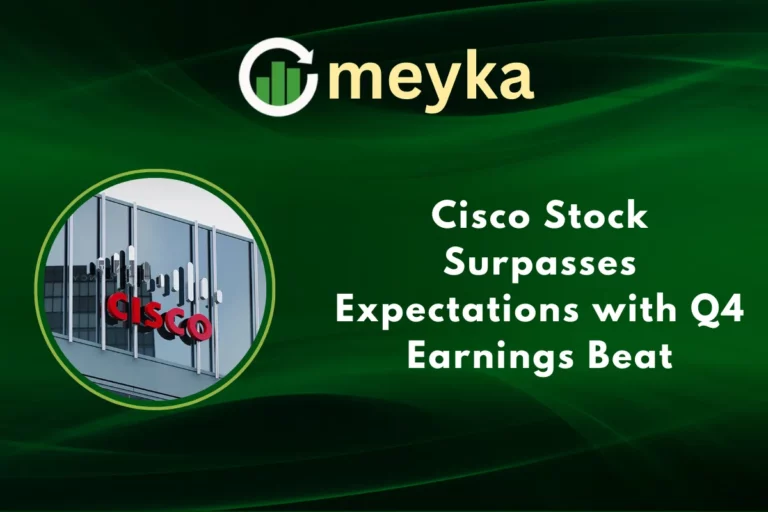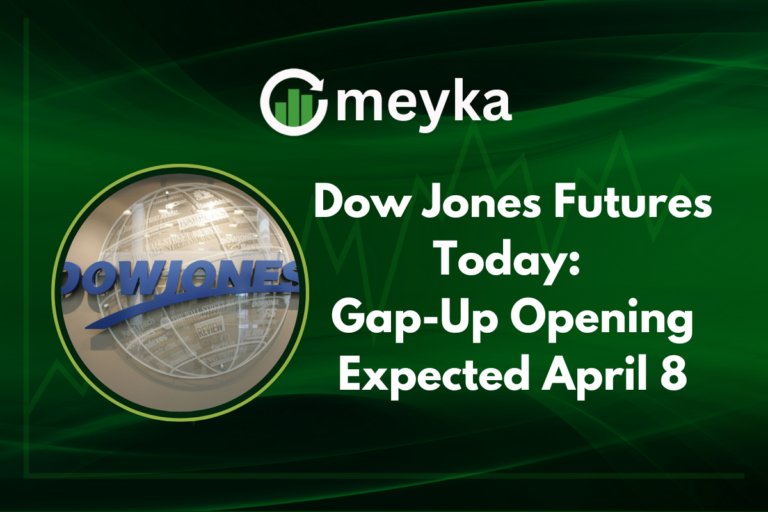S&P 500 Gains and Losses: Tech Stocks Dip as SoftBank Offloads Nvidia Shares, Paramount Skydance Jumps
The S&P 500 is showing signs of a shifting mood this week. While the broad index holds firm, tech stocks are under pressure. That’s because a major investor, SoftBank Group, sold its entire stake in Nvidia Corporation. At the same time, media stocks are jumping. One standout is Paramount Skydance Corp. (the merged entity of Paramount and Skydance), which rallied on good news. We are witnessing a market rotation: part tech cooling, part value/entertainment heating. The question is: what does it mean for the S&P 500 and for our portfolios?
Continue Reading on Meyka
This article is available in full on our main platform. Get access to complete analysis, stock insights, and more.
Read Full Article →





